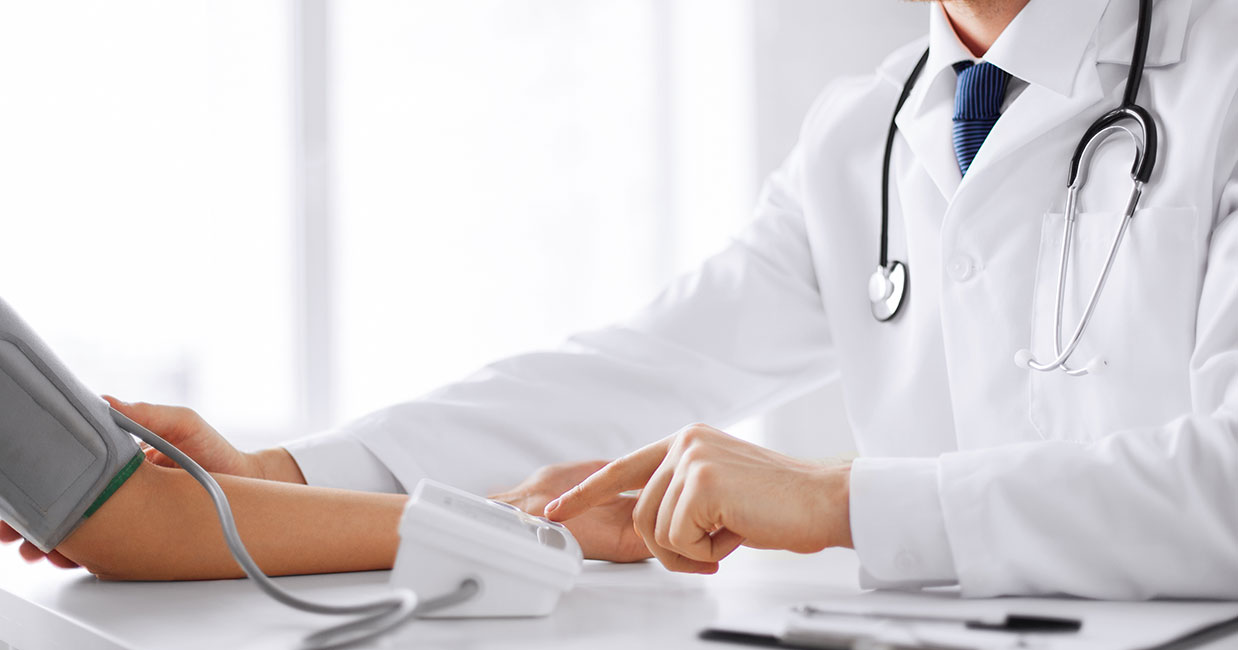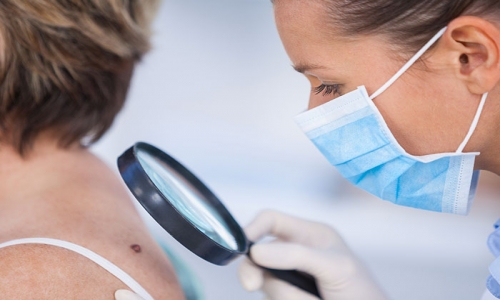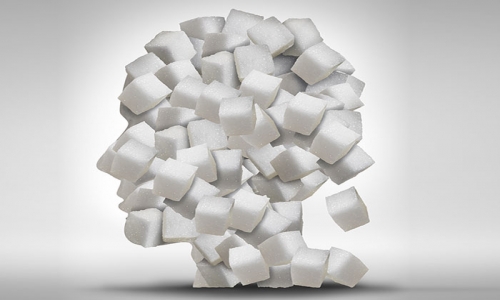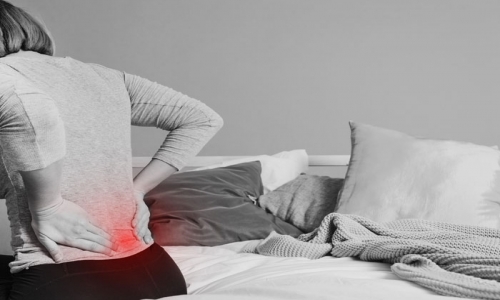17 May 2018

On the occasion of World Hypertension Day, we would like to remind you of the importance of monitoring your blood pressure.
Hypertension or high blood pressure is a cardiovascular disorder characterized by abnormally high blood pressure on the artery walls.
Blood pressure can vary during the day, depending on the situation of the person concerned: stress, intense emotion, rest ...
It may in some cases arise naturally, but if it exceeds 14/9 cmHg, it is called hypertension.
What are the symptoms, causes and consequences of high blood pressure?
Hypertension is usually asymptomatic. However, high blood pressure can cause the following symptoms:
Headache (usually in the neck)
Fatigue
Dizziness
Ringing ears
Heart palpitations
Nosebleeds
Sleep disturbance or drowsiness
Nausea or vomiting
Tingling in the feet and hands
In some cases, age, heredity, lack of exercise or being overweight can stimulate the development of hypertension in a person. This chronic disease can be caused, but rarely by another disease or certain medications (anti-inflammatories, bronchodilators ...).
Hypertension can also occur during pregnancy. Gestational hypertension disappears after birth if properly treated.
In general, high blood pressure can cause several complications if untreated: stroke, heart attack, heart or kidney failure, retinopathy, atherosclerosis, erectile dysfunction ...
How to protect against high blood pressure?
Move every day
The practice of physical activity regularly can reduce blood pressure of 5 mm / Hg, which can lower mortality from stroke by 14%, according to some scientific studies.
The activities recommended by the World Health Organization (WHO):
For people aged 18 to 64, an hour and a half of moderate intensity endurance exercises is recommended. In addition, the patient should practice strengthening exercises at least 2 times a week.
For people over 65, an hour and a half of endurance exercises a week should be practiced, for at least a period of 10 minutes.
Reduce salt intake
Salt, as retains water and increases blood volume, promotes hypertension. So people with high blood pressure should not consume more than 5 grams of salt per day.
Stop smoking
Nicotine narrows arteries which causes increased blood pressure and heart rate. It is therefore essential to stop smoking to prevent high blood pressure.
Are you at risk for high blood pressure
Pre-hypertensive individuals (represents more risks than others to suffer from medium to long-term hypertension) are:
People whose systolic pressure is between 130 and 139 mmHg.
The people of Afro-Caribbean origin. These individuals represent a higher risk than those living in Asia.
People, one (or both) parent suffering from hypertension or cardiovascular disease. It should be noted that according to statistics, more than 50% of those whose parents have hypertension, will have a medium risk of high blood pressure.
So if you think you subject to any of the above symptoms, or a person at risk, do not wait to talk to your doctor so as to avoid serious consequences on your health.




